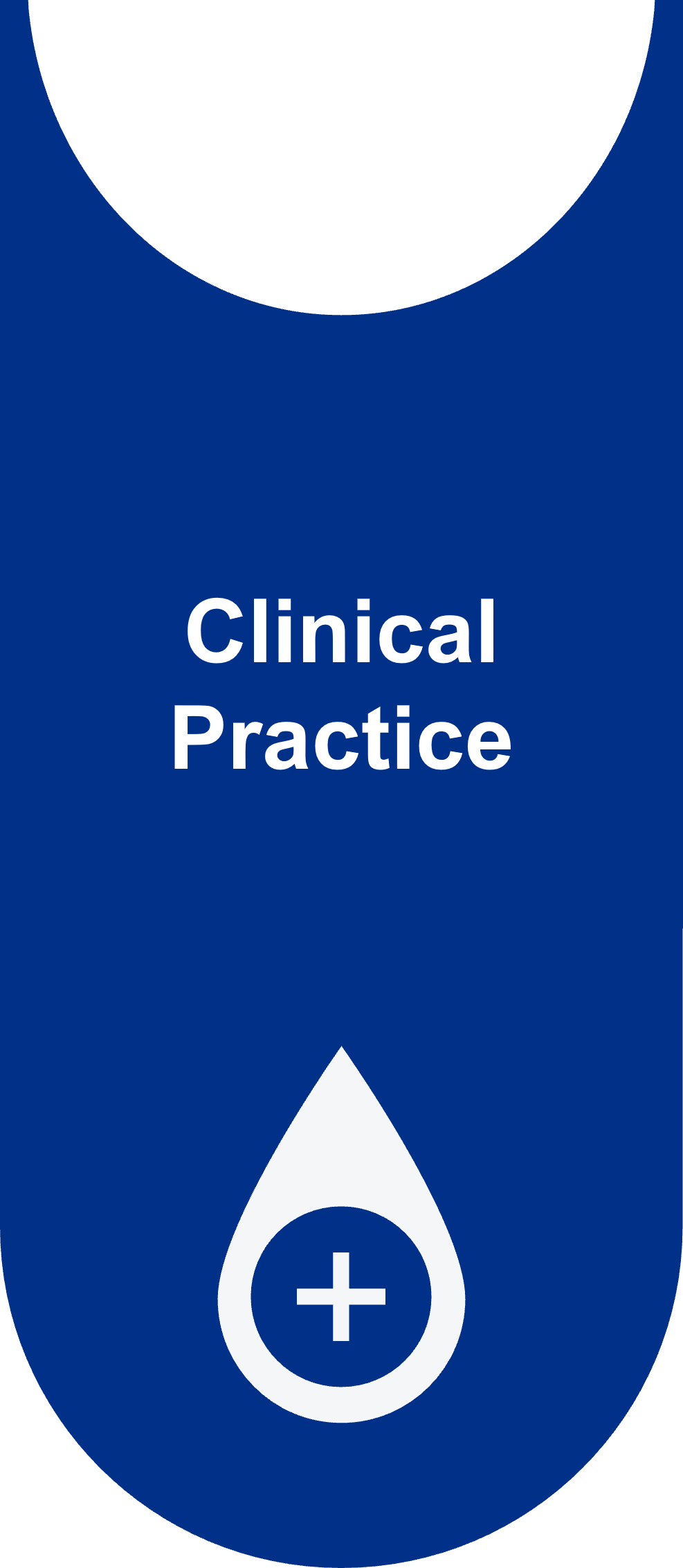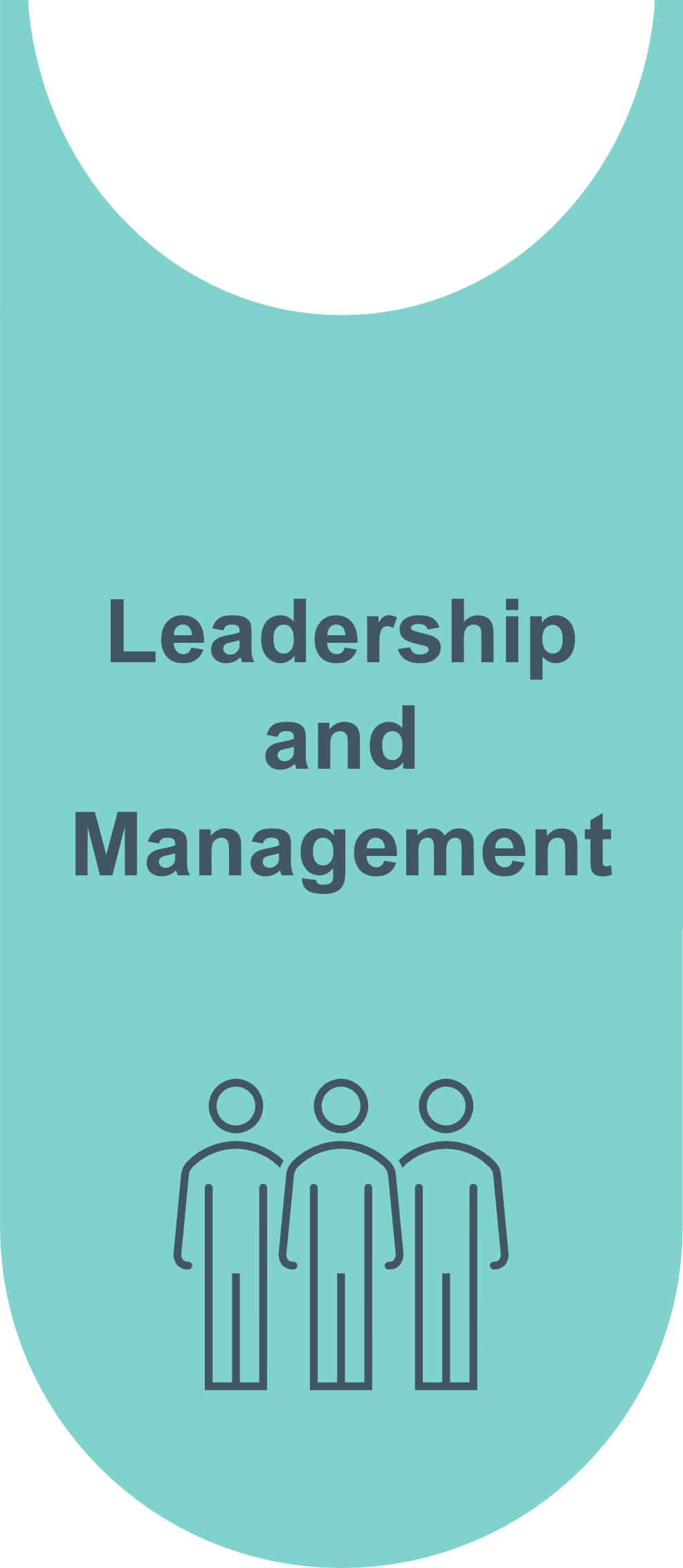
Download a full PDF version of this information

Samuel is a trainee advanced practitioner working in primary care in Norfolk
Samuel graduated as a qualified paramedic from the University of East Anglia in 2018. Initially working in the local ambulance service, his experience and opportunities developed a passion for supporting underserved and marginalised communities and working to minimise barriers to accessing care and health inequalities. This led to roles working within liaison mental health services and providing support to forensic mental health services during the Covid-19 pandemic. In 2022 he started his role as a Specialist Refugee and Asylum Seeker Practitioner within a dedicated health inclusion service.
Samuel decided to become an advanced practitioner because of his enthusiasm for public health and understanding how diverse factors and disproportionate effect impacts health. The four pillars of advanced practice forms the foundation of his current role, working across primary and community care delivering public health strategies to improve the access to care and health outcomes for health inclusion groups.
As a trainee advanced practitioner, Samuel undertakes expert clinical practice. He provides comprehensive holistic health assessments for newly arrived asylum seekers in the locality. These assessments are often the first contact an individual has had with western healthcare services and requires the identification of undifferentiated long-term and acute medical conditions and formulation of holistic care plans, alongside delivering health education on navigating the UK health system.

“Being a trainee advanced clinical practitioner has been extremely beneficial for developing my practice and helping me to improve the care and support patients are able to access.”
Leadership is also integral to Samuel’s role; he supports the development of local services and workforce to increase access to healthcare. He also contributes to the development of pathways, policies, guidance and innovative strategies to meet the needs of underserved populations. Samuel also provides supervision to junior staff.
Samuel’s role involves education and training of staff, services and patients. To promote the continuous development of local health, social and voluntary care services in the locality he delivers tailored training packages. Samuel also engages in health promotion campaigns (e.g. vaccination campaigns, blood-borne virus screening and health checks), and culturally competent campaigns such as health screenings during periods of religious fasting.
Samuel utilises his training across the four pillars of advanced practice to ensure that local services are practicing in line with evidence and meeting local population needs. He uses his knowledge and learning to reduce the barriers, improve service pathways and ensure treatment is accessible and effective. He has found facilitating a culturally competent perspective to providing health care to asylum seekers has had significant benefits on patient outcome and has helped individuals during extremely challenging times.
What Samuel enjoys most about his role is that no two days are the same. His role allows him the time needed to make sure that individuals can fully explain themselves and access the care they need. Even in extremely challenging situations Samuel has been able to use his skills to provide support to an individual and witness them achieve independence.
Samuel works across the four pillars of advanced practice




- Comprehensive initial health assessments
- Delivery of health promotion campaigns
- Promote culturally competent healthcare delivery
- Provide a culturally competent health perspective to Mental Health Act assessments
- Supports locality service development
- Supports local ICB strategic operational meetings
- Supervising junior staff
- Contribute to development of pathways, policies and guidance
- Provides specialist support to wider PCN staff
- Local health service workforce development training sessions
- Delivering migrant health training to local integrated care services
- Service evaluations
- Engagement in publishing research and focus groups to inform national developments
- Audits identifying care and support needs, and service improvement requirements
- Reviews of local demographics to ensure services meet needs of individuals